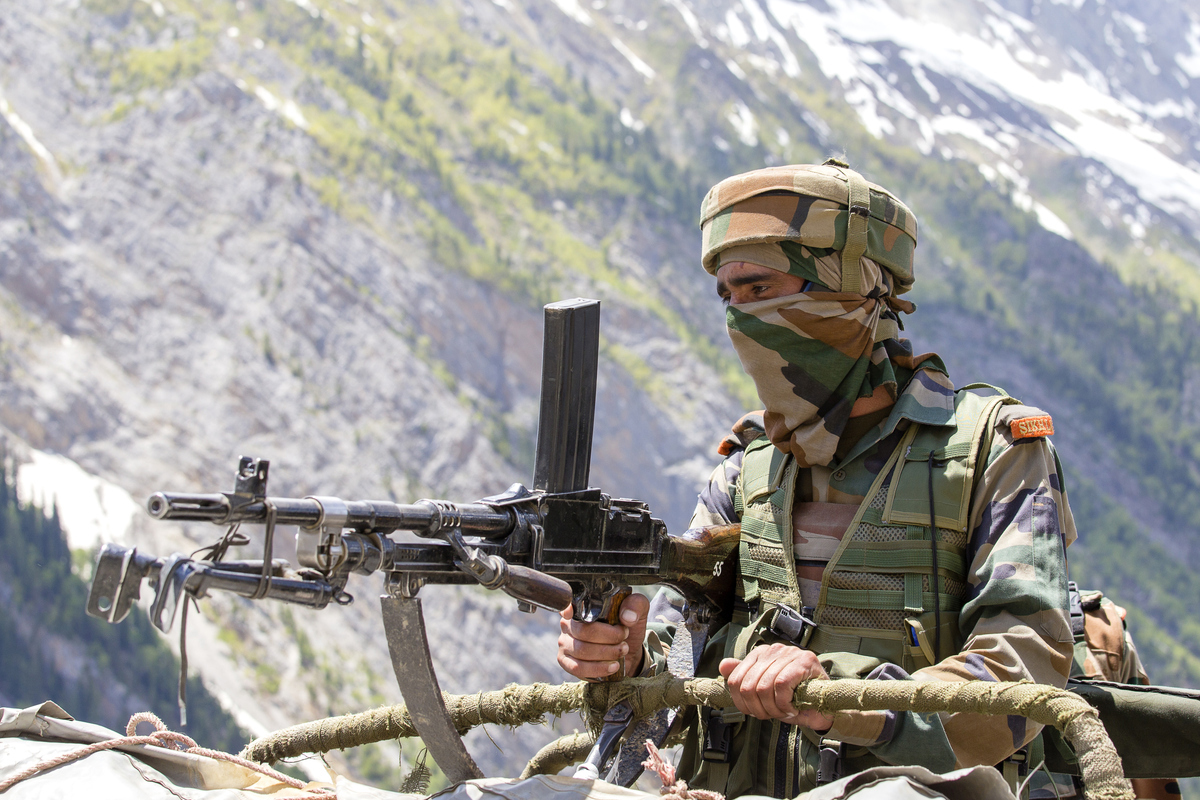China has yet again blamed India for the violent clash between the two troops of the two countries at the Galwan Valley in eastern Ladakh on 15 June in which 20 Indian soldiers were killed with an unspecified number of casualties on the Chinese side. As the border stand-off between India and China completed 100 days, Chinese Ambassador Sun Weidong, in an article published by the Chinese Embassy’s magazine China-India Review, said, “If one analyses this incident (Galwan Valley clash) carefully, it’s quite clear that the onus is not on China. The Indian side crossed the LAC for provocation and attacked the Chinese border troops. The Indian forces seriously violated agreements on border issues between the two countries and severely violated basic norms governing international relations.”
He said he would urge the Indian side to conduct a thorough investigation, hold the violators accountable, strictly discipline the frontline troops, and immediately stop all provocative acts to ensure such incidents would not recur.
Advertisement
This is not the first time that the Chinese envoy has blamed the Indian side for the incident that has rocked the relationship between the two Asian giants. Talks between the two countries to end the military stand-off at eastern Ladakh have not made much headway with PLA troops refusing to retreat at some of the friction points.
“In any relationship, there are ups and downs. The recent border issue and unfortunate incident between China and India should not detract from the forward-looking vision of the bilateral partnership charted by our two leaders, President Xi Jinping and Prime Minister Narendra Modi,” Sun said.
He claimed that on 6 May, the Indian border troops crossed the LAC in the Galwan Valley by night and trespassed into China’s territory. They resorted to violent means to create a stand-off between the two sides and built infrastructures in an attempt to maintain a permanent presence. Sun also charged the Indian side with violating the consensus and taking provocative action, which he said led to the escalation of the situation.
